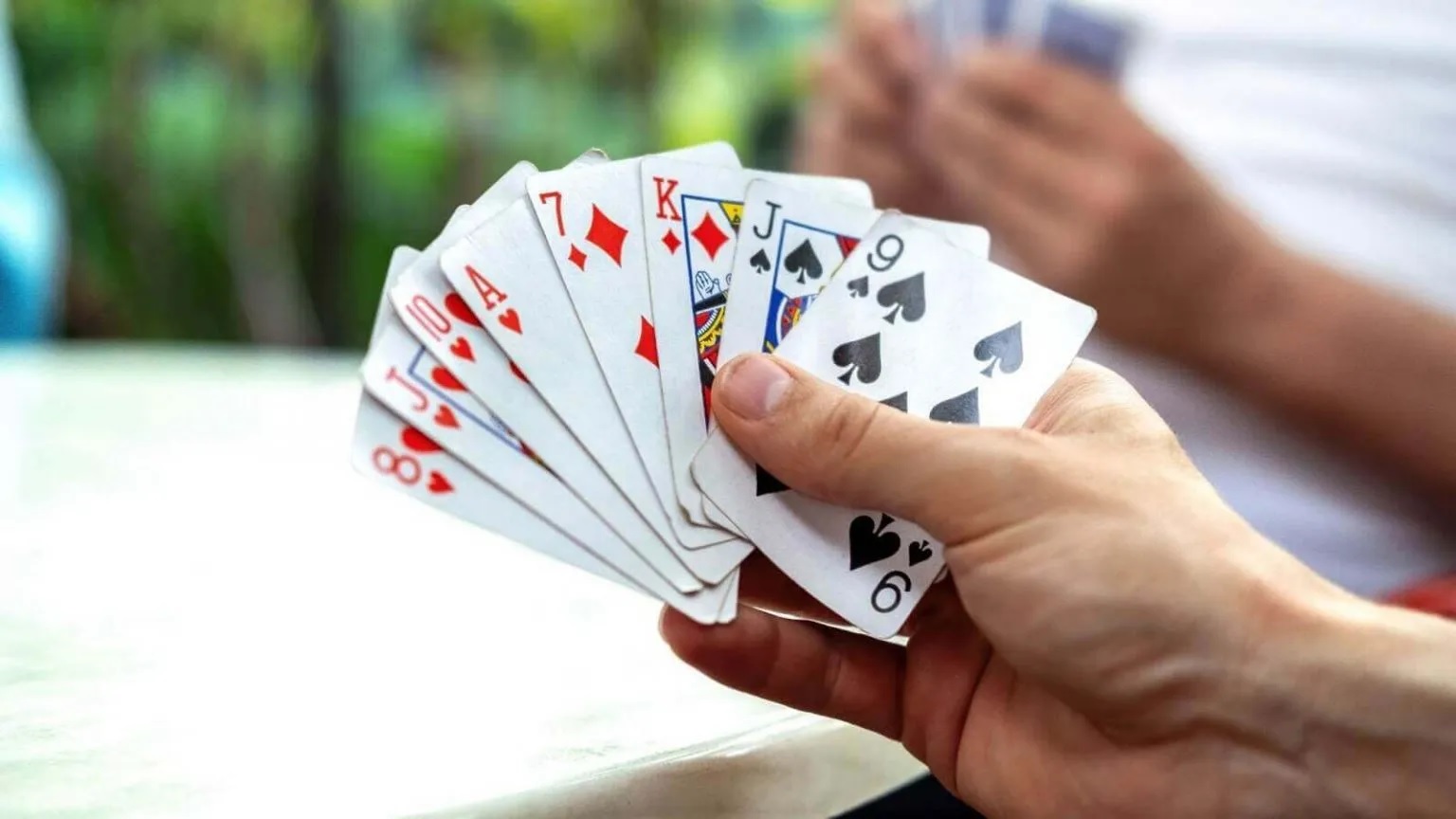How Rummy Helping Peoples In Improving Their Skills
Sometimes when we talk about games, we discuss outdoor or indoor games; in indoor games, we only talk about chess, carrom, or snake ladder, right? But there are also other games which help us improve our skills, and that is card games, nowadays it is more popular as Rummy.
In our Indian families, card games are considered wrong because sometimes it involves betting and playing rummy for cash, and can also be addictive. They have a really bad image in their minds about this game. But nowadays, it’s providing new opportunities. And in this article, we will discuss it and some skills which are improving because of such games.
Rummy’s origin is still being determined, but it might have been from either Spain or Mexico in the 19th century.
Rummy is a game of forming sets and sequences of cards so that one player can get rid of your cards and be considered the winner. Playing Rummy helps us in many ways, such that it can improve our social and cognitive skills. Here it is:
- It can boost your memory. If you play Rummy cards, you know very well that you have to remember the cards played, which is important. And you also have to place your cards, which are in your hand. This way, Rummy helps sharpen memory.
- If you are not attentive, Rummy can help with this, also. When a person plays, they should be more cautious. They should be aware of every move of their opponent player. They have to pay attention to the cards being played by their opponent. And playing games like multiplayer rummy that improves focus and concentration.
- You have to be more organized while playing Rummy, like online junglee rummy. That is the most important strategy because you must always plan your moves before your next move. So organize your card according to that, making you a better planner and organizer.
- Along with these, you are also learning how to be a problem solver. Every player needs to make strategic decisions about cards, like which cards they can keep and discard. And what type of set and sequence they can form. This way, you can enhance your problem-solving power.
- It also teaches you teamwork and sportsmanship. Like every game, one will be declared the winner, and the other will lose. There might be many players (2-6) at a time, but the winner will be only one. You have to work with other players towards a common goal when playing Rummy. So you can play with good sportsmanship.
- It can also help develop mathematical skills. It involves forming sets and sequences, and players need to understand numbers and patterns well. It requires quick calculations of their cards. Rummy can help improve mental arithmetic skills (addition & subtraction) because players need to add or subtract the value of cards.
Everything has positive and negative impacts in this world, and this game also has both positive and negative effects. As I mentioned, it can be addictive, so we have to play with the responsibility to ensure it is not harming us. And embrace the good side of this game. It can positively impact people’s lives by providing entertainment and social interaction. For example, playing real money rummy online can be a fun way to connect with your friends.




